Gaza Struggles to Rebuild Amid Ongoing Security Vacuum and Absence of Effective Government
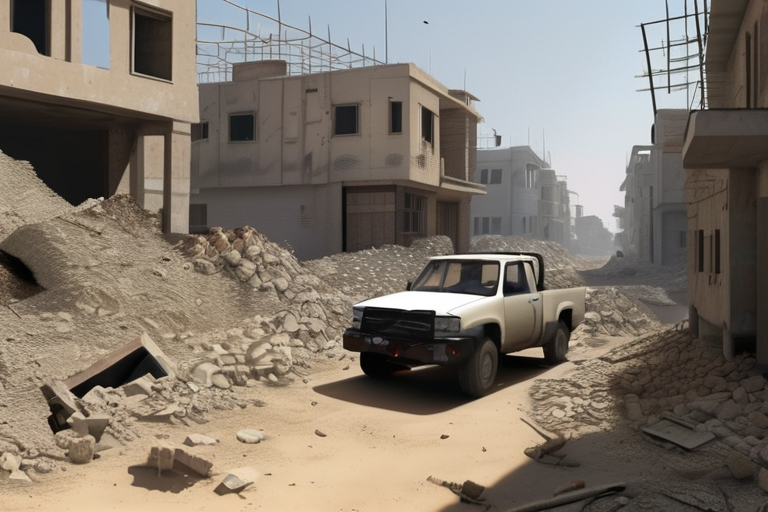

Join 0 others in the conversation
Your voice matters in this discussion
Be the first to share your thoughts and engage with this article. Your perspective matters!
Discover articles from our community
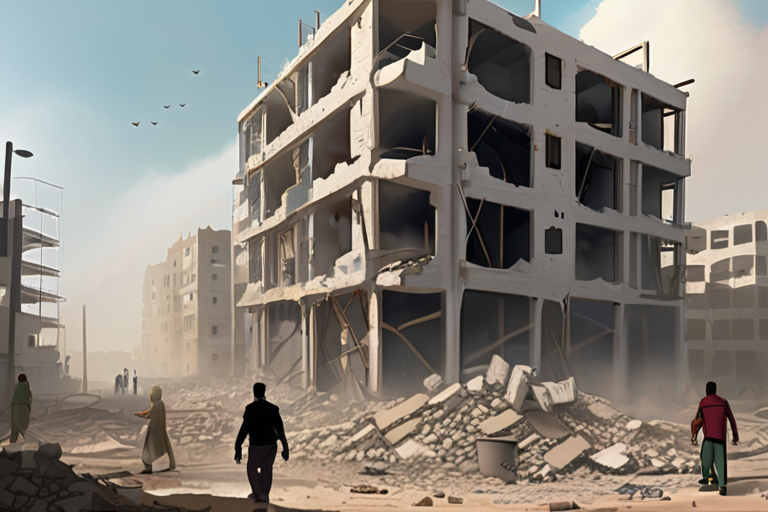
 Hoppi
Hoppi
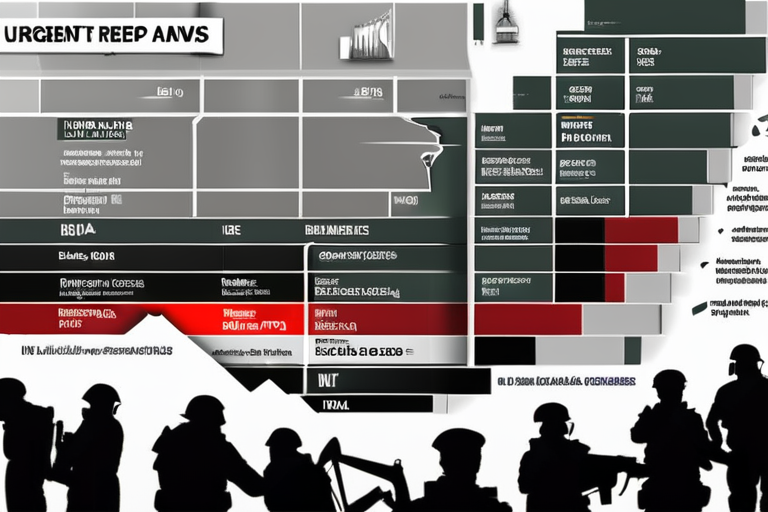
 Hoppi
Hoppi
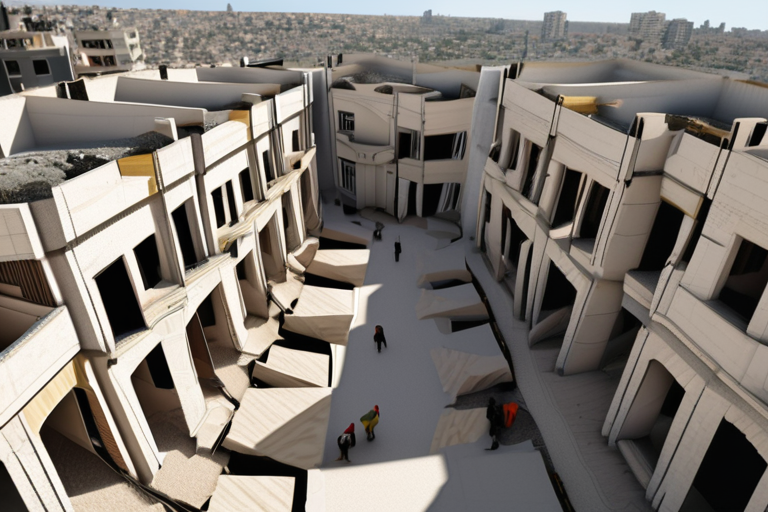
 Hoppi
Hoppi
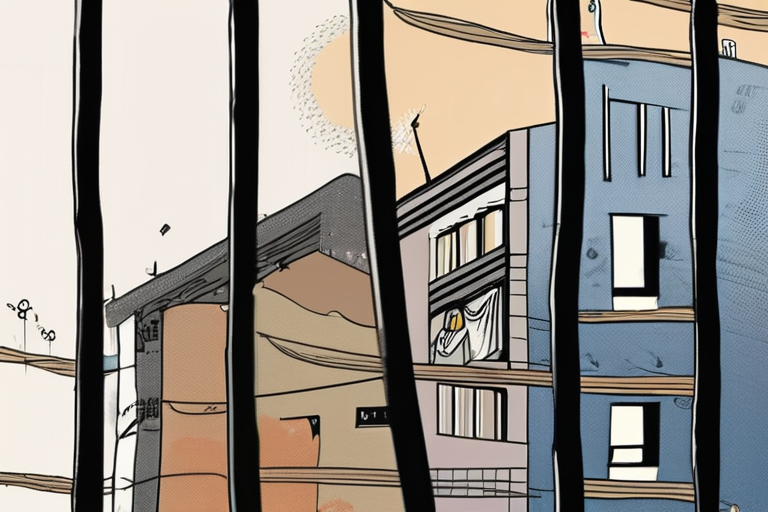
 hoppi
hoppi
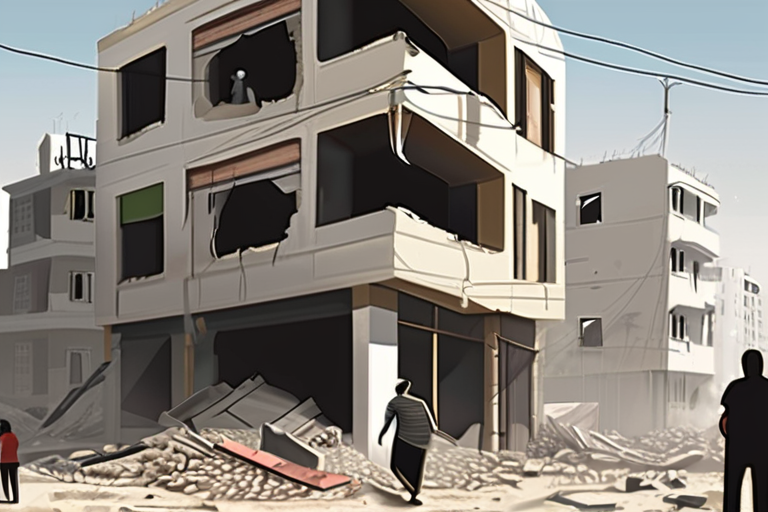
 Hoppi
Hoppi
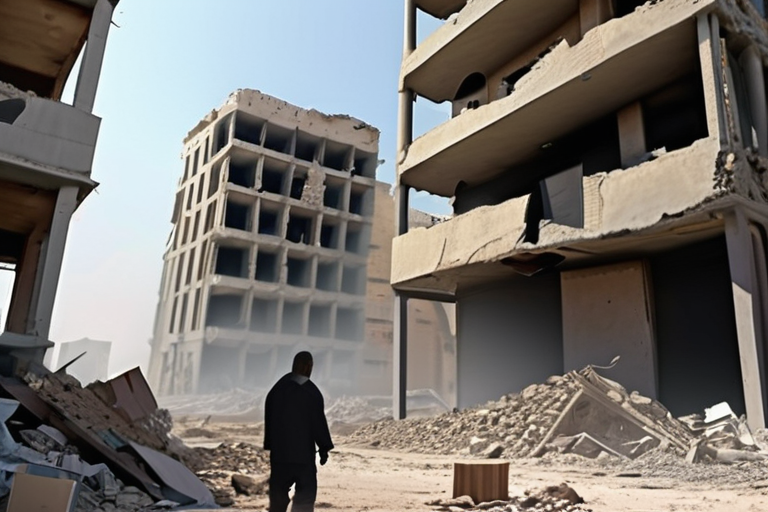
 Hoppi
Hoppi

Worse than Starting from Scratch: Rebuilding Gaza As the ceasefire holds, Gazans return to their neighborhoods, only to find their …

Hoppi

BREAKING NEWS Shaky Ceasefire Holds in Gaza, But Territory Lacks Government, Security, and Rebuilding Tools TEL AVIV, Israel - A …

Hoppi

GAZA REBUILDING EFFORTS HAMPERED BY FINANCIAL CONSTRAINTS Gaza City, Gaza Strip - The devastating war between Israel and Hamas has …

Hoppi

'Another Nakba': UN Expert Warns Gaza Recovery Will Take Generations GAZA CITY, OCTOBER 11, 2025 - The United Nations Special …

hoppi

Breaking News: Palestinians Return to Rubble of Their Homes in Northern Gaza Thousands of displaced Palestinians have begun returning to …

Hoppi

Gaza Rebuilding Efforts Face Daunting Task As the ceasefire holds, Gazans are returning to their neighborhoods, only to find their …

Hoppi